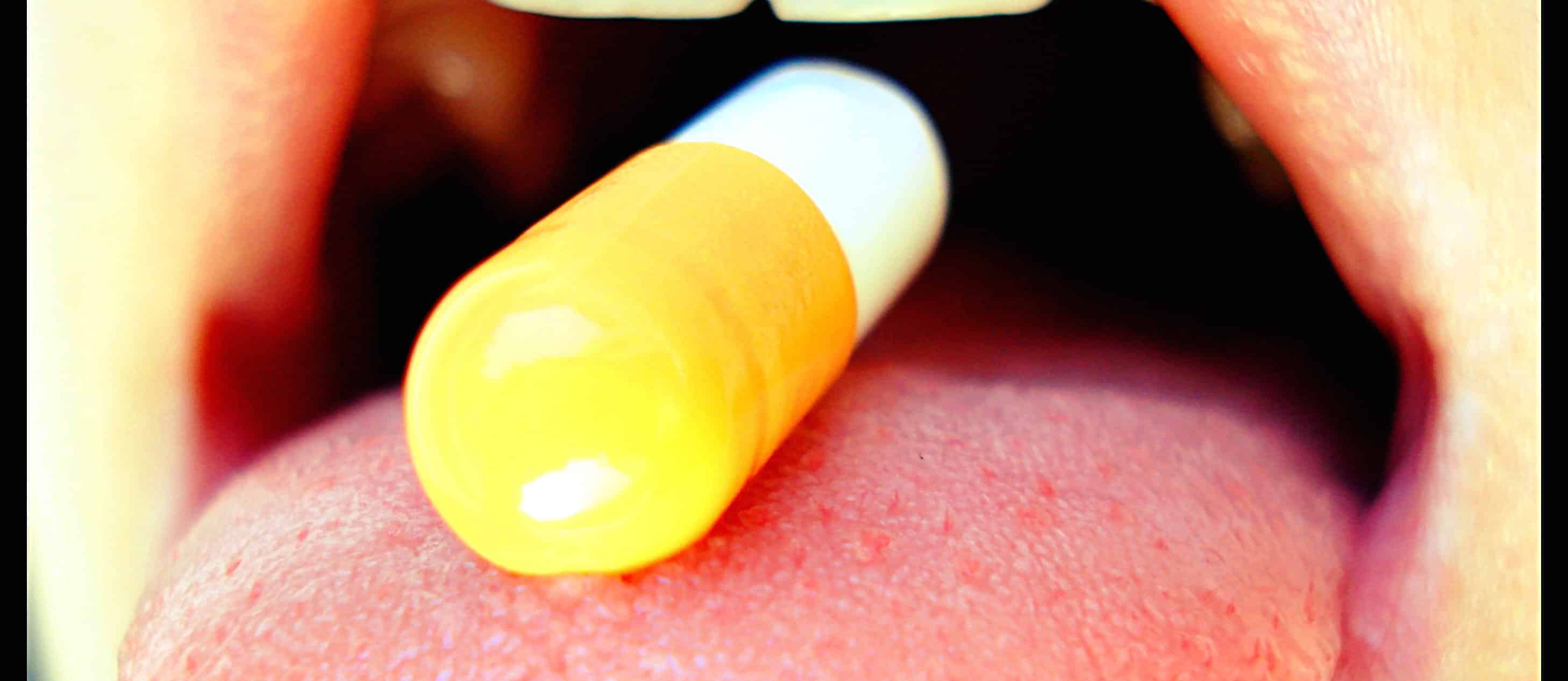What does breast cancer have to do with cholesterol? There are many potential mechanisms by which cholesterol boosts breast cancer growth. For example, our bodies make estrogen, which is correlated with an increased risk of breast cancer, out of cholesterol. We also package cholesterol into LDL, which, as you can see in my video Cholesterol Feeds Breast Cancer Cells, appeared to increase cancer proliferation and decrease patient survival.
Cholesterol is a major component of “lipid rafts.” Compared to their normal counterparts, cancer cells have higher levels of these cholesterol-rich lipid rafts in their plasma membrane, which may be important for cancer cell survival and may serve in human cancer development in terms of tumor migration and invasion. Elevated levels of cholesterol-rich lipid rafts have been found in breast cancer cells, and the hypothesis is that reducing blood cholesterol levels “may disrupt lipid raft formation and thereby inhibit breast cancer development.” This suggests cholesterol targeting may be used as a cancer therapy.
Controlled laboratory experiments have shown that phytosterols in seeds and nuts at dietary relevant levels appear to inhibit the growth of several types of tumor cells including breast cancer cells, including both estrogen-receptor negative and estrogen-receptor positive cancer. The therapeutic implications are that “plant-based diets rich in phytosterols may offer protection against the development of breast cancer.” Of course, you can’t make a lot of money on pumpkin seeds, so researchers looked to cholesterol-lowering statin drugs (this study is highlighted in my video, Statin Cholesterol Drugs and Invasive Breast Cancer).
Some petri dish work looked promising, but population studies have shown mixed results. Some studies showed that women on statins had decreased breast cancer risk, some showed increased risk, and most showed no association. These were all relatively short-term studies, though. “Long-term” statin use was defined as mostly just three to five years, but breast cancer can take decades to grow. The one study that looked at ten or more years of statin use only included 62 cases.
Given the increase in statin use over the past few decades, and the fact that they’re commonly prescribed to be taken every day for the rest of women’s lives, the studies published to date only had limited ability to evaluate the impact of long durations of use. We better figure this out: about one in four women over 45 in this country are on these drugs.
But that all changed with the publication of a study in 2013 including thousands of breast cancer cases. Long term statin users—women taking statins for ten years or more—had more than double the risk of both major types of breast cancer: invasive ductal carcinoma and invasive lobular carcinoma. Once women do get breast cancer, though, recent studies in Finland and the UK suggest statin use may improve survival.
The number one killer of women is heart disease, not breast cancer, so we still do need to bring down cholesterol levels. Might there be a way to get the benefits of cholesterol reduction without the risks? Plant-based diets have been shown to lower LDL-cholesterol by over 30%, within just a couple weeks, equivalent to most of the standard cholesterol lowering statin drugs and without any breast cancer risk.
How can we lower cholesterol without drugs? It’s Purely a Question of Diet. We can lower our cholesterol by lowering our intake of three things: Trans Fat, Saturated Fat, and Cholesterol: Tolerable Upper Intake of Zero. Where are trans fats found? Trans Fat in Meat and Dairy. Where is cholesterol found? Predominantly eggs: Eggs and Cholesterol: Patently False and Misleading Claims. There are also some foods particularly adept at lowering cholesterol levels:
- Nuts and Bolts of Cholesterol Lowering
- How Fiber Lowers Cholesterol
- How Phytosterols Lower Cholesterol
- Dried Apples, Dates, Figs, or Prunes for Cholesterol?
–Michael Greger, M.D.
PS: If you haven’t yet, you can subscribe to my videos for free by clicking here and watch my full 2012 – 2015 presentations Uprooting the Leading Causes of Death, More than an Apple a Day, From Table to Able, and Food as Medicine.
